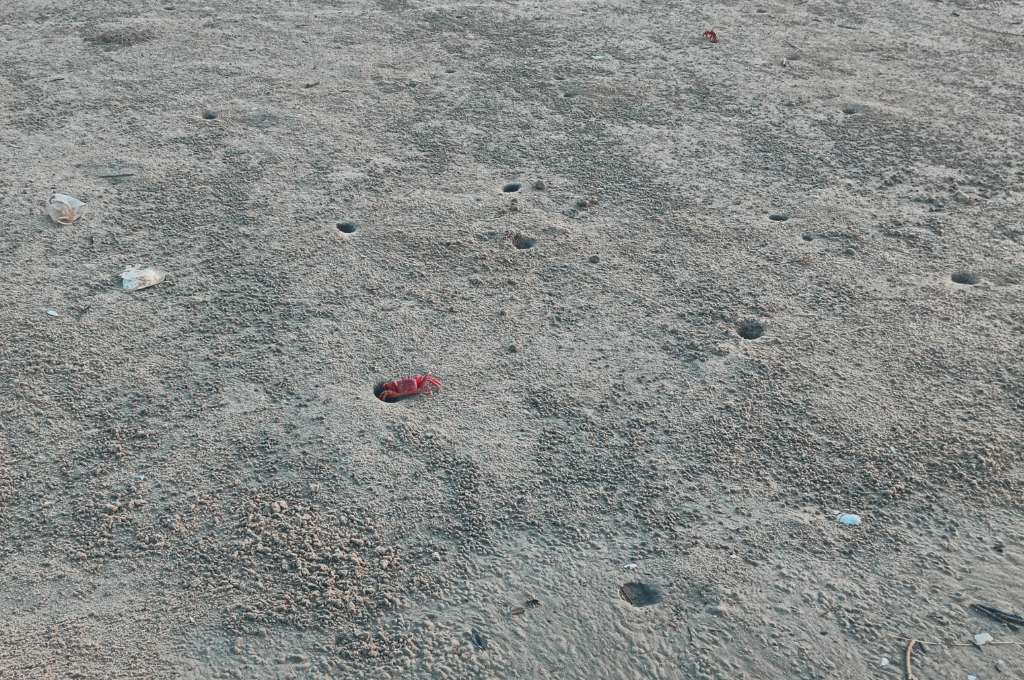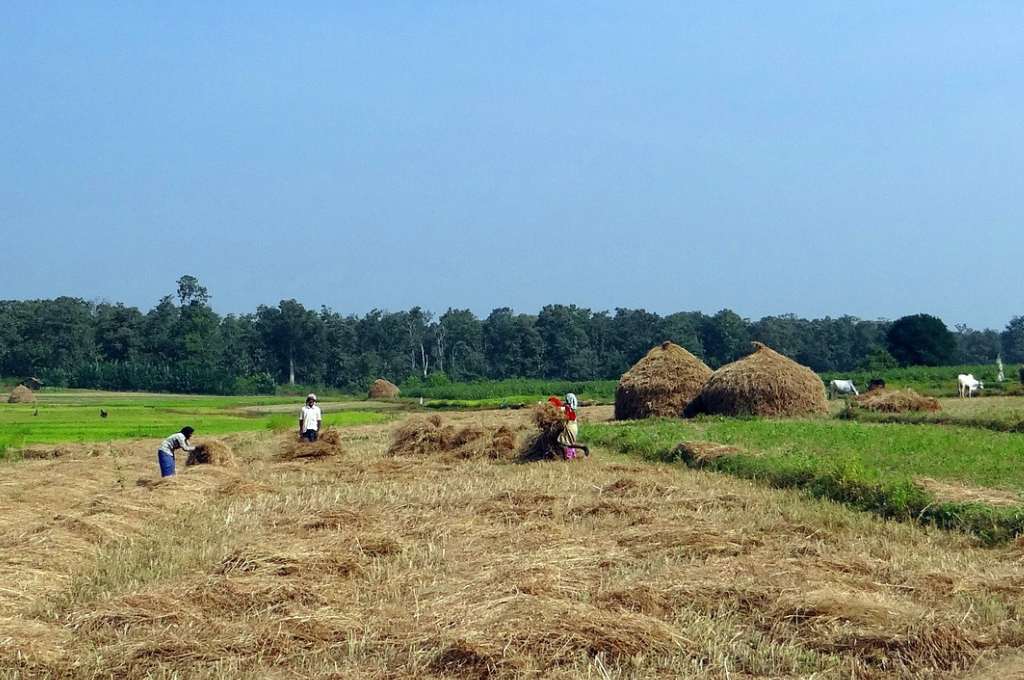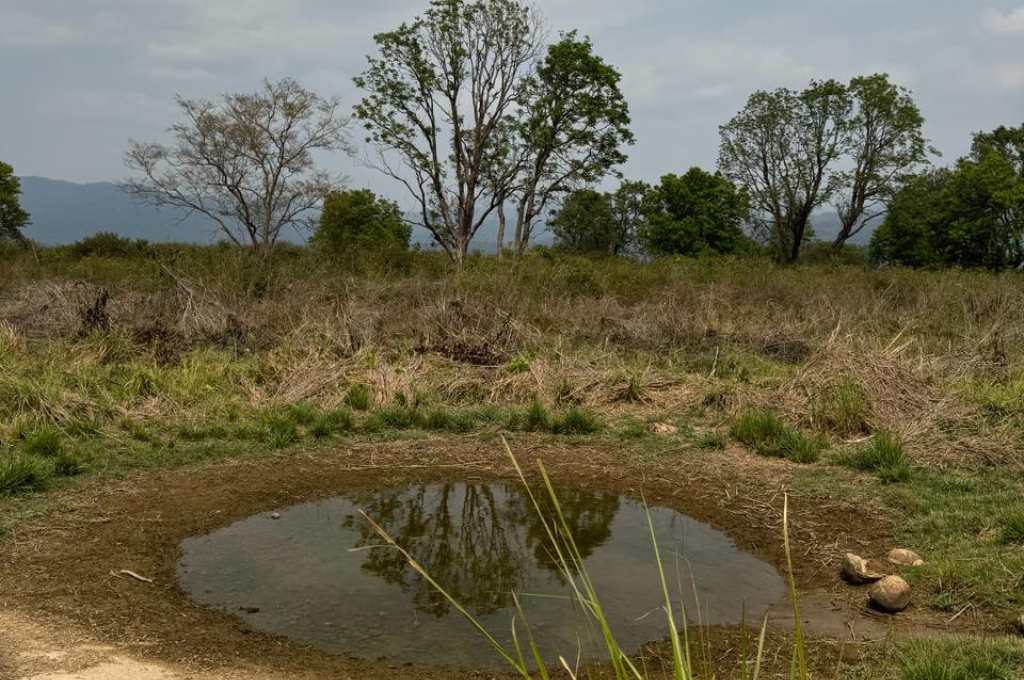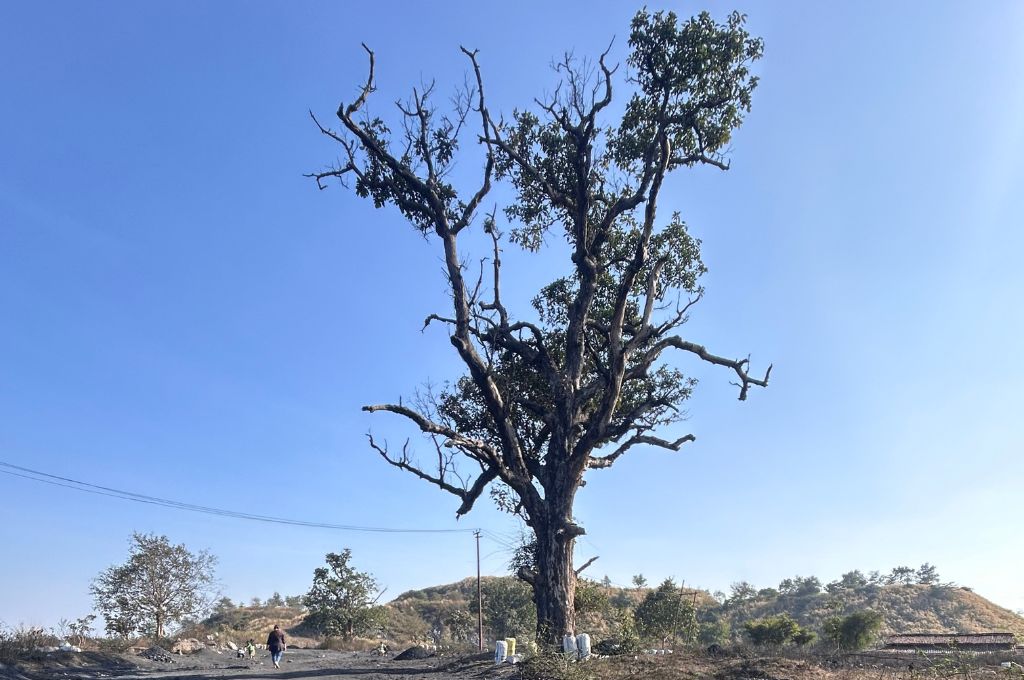Working from home: Uttarakhand’s women entrepreneurs
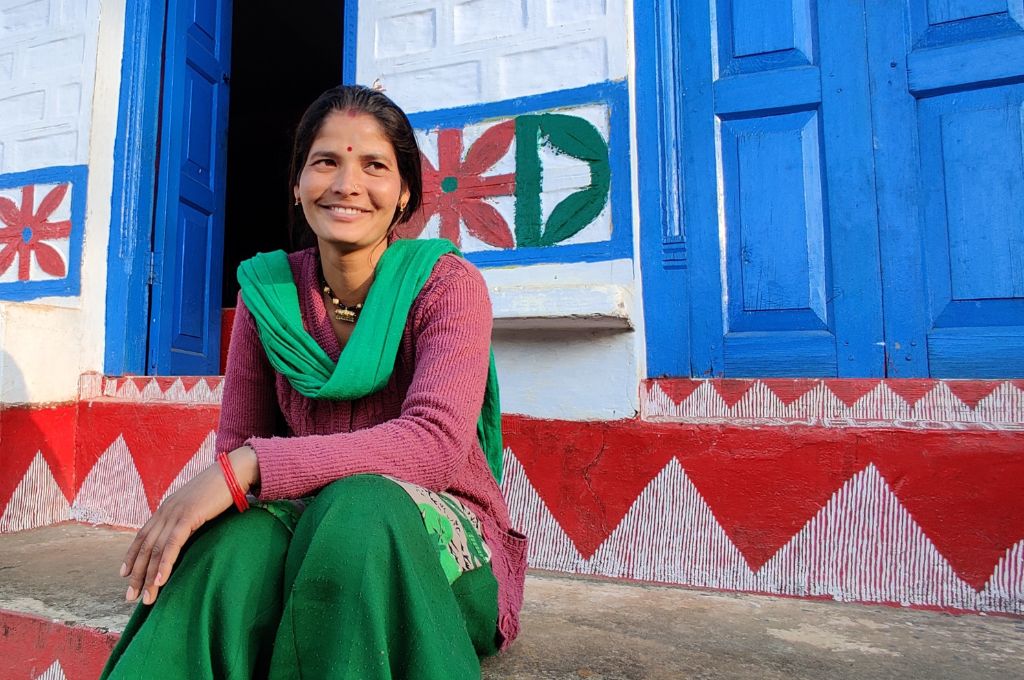
Homestays have been garnering attention for a while now. An immersive tourism experience, they allow visitors to live at the home of a local host for a fee. The Takula tehsil of Almora district in Uttarakhand witnesses a high influx of tourists due to its proximity to the Binsar Wildlife Sanctuary. This inspired SEWA Bharat to collectivise the area’s grassroots women who were interested in becoming entrepreneurs to start a women-led and women-run homestay business. Those who had an extra room in their homes and were willing to rent it out were trained in the basics of hospitality and in safeguards that protect their and their guests’ rights. The women also undertook minor investments to make their homestays eligible for registration with the Uttarakhand Tourism Department. This involved getting a license issued, installing a fire extinguisher in the room, and fulfilling an inventory of items including a bed, quilt, and bucket.
According to homestay host Beena Ben, “Eating mandve ki roti and ghar ki daal (finger millet chapati and lentils) gives them a feeling of home. They are served in the same steel plates that we use for our food. They eat whatever we cook using locally grown and sourced vegetables and fruits. They spend time with the elders in the village and learn about our local culture, traditions, and history.”
Agriculture is the main source of income for these women. Many of them are the primary caregivers in their families as they live with their children and sometimes their in-laws, while their husbands seek employment in the plains. Over time, persistent crop failure, destruction of produce caused by climate change, and rising human–wildlife conflict have led to major disruptions in this source of income. These women-led homestays are thus an alternate mode of revenue and act as a tool to create socio-economic change.
However, one of the most palpable and persistent challenges of this initiative has been its inability to optimally tap into the market demand for homestays. Though the number of tourists travelling to Uttarakhand has been increasing since lockdown restrictions were lifted, it hasn’t proportionally reflected in the number of bookings. Rudimentary facilities and poor connectivity to the homestay locations are the leading factors for this. Without sufficient bookings, the women don’t get the requisite profit to invest in better equipment or upgrade infrastructure to attract more tourists. They are also hesitant to utilise government schemes such as the Deen Dayal Upadhyaya Grih Awas Yojana, as they fear that they will be unable to pay back the loans.
Along with economic support, this initiative has been shaped by solidarity. In times of crisis, the hosts share ration and water if there is a shortage when cooking for guests. They have shifted guests’ bookings from one host’s house to another’s during personal emergencies, and responded to a fellow host’s call for help when needed.
Aneysha Roy is a research associate at SEWA Bharat.
—
Know more: Read this story to learn why women in Osmanabad mean business.
Do more: Connect with the author at [email protected] to learn more about and support her work.
